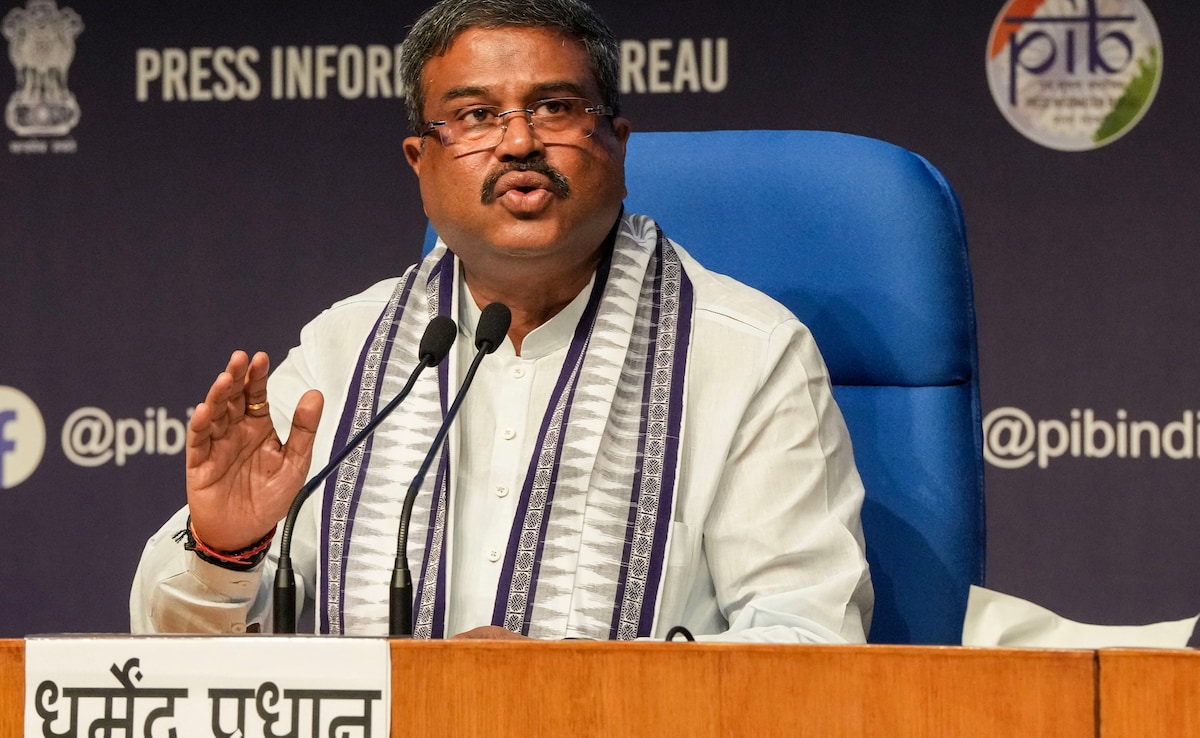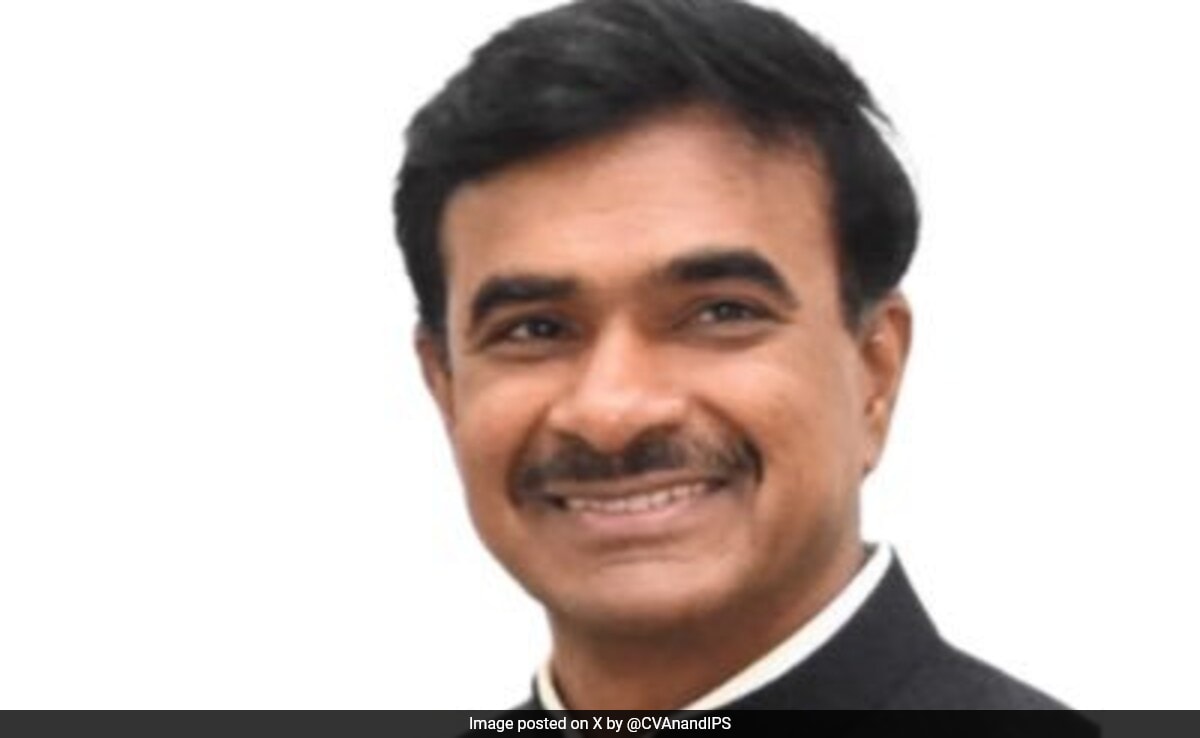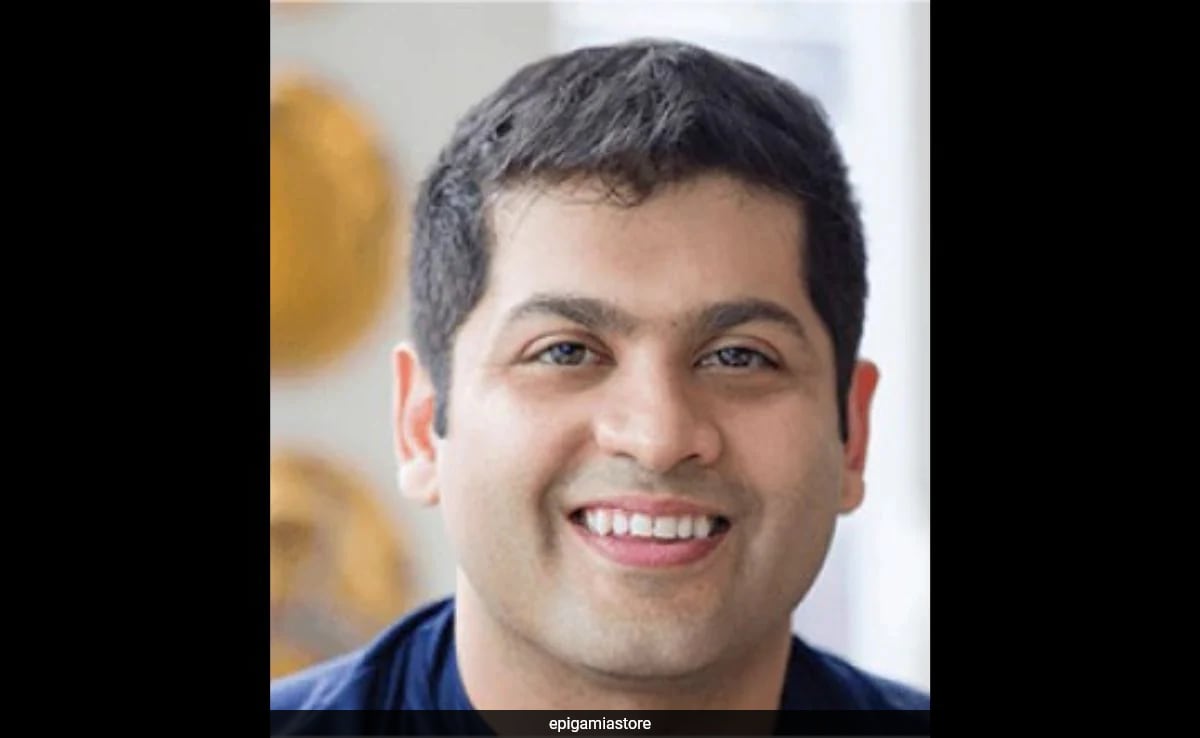The Centre on Wednesday appealed to the state governments to implement the provision of the Right to Education, which mandates 25 per cent of seats for the children from economically weaker sections in private unaided schools.
The state governments such as Punjab, Kerala, Telangana and West Bengal have not implemented RTE provisions mandating the private schools to reserve seats under the RTE Act, Minister of State for Education Jayant Chaudhary informed the Rajya Sabha during the Question Hour.
Replying to a question by Congress leader Pramod Tiwary on RTE, Education Minister Dharmendra Pradhan said education comes under a concurrent list and it should be the endeavour of both to provide school education till class 12 for all.
“Nowadays there is almost 100 per cent enrollment in class 1, this is due to collective efforts of all states,” he said.
Pradhan, however, added the number drops as the class progresses.
This decline depends on the active steps taken by the respective state governments, he said.
Pradhan said though education comes under the concurrent list, school education is mainly taken care of by the state governments.
“RTE and NEP both are complementary. Through both of them, it is our duty of all to ensure that all get education till class 12,” he said.
Pradhan further said RTE, which was framed by the previous government, has a good provision to bring 25 per cent seats for underprivileged kids. He also appealed to the state governments, which have not implemented this provision to cooperate.
“When all will try, then only we could achieve it. We have achieved at entry level but it is still due to attain it till class 12,” Pradhan added.
Earlier, Vikramjit Singh Sahney of the AAP asked the number of children covered under RTE and the steps taken by the government.
Replying to it, Chaudhary said RTE was passed in 2009 and it is an inclusive plan for the kids from poor family, which is also a priority of this government. This also has provision to bring back to those who missed the formal education system.
However, he also added the state governments such as Punjab, Kerala, Telangana, and West Bengal have not implemented the provision of 25 per cent reservation of the seats for children who come from economically weaker sections.
Referring to the Punjab government, now ruled by Sahney’s AAP, has denied implementing a 25 per cent quota saying that they have a sufficient number of government schools.
“I want to appeal in the house, no beneficiary should be deprived of his rights under this law,” he added.
Sahney, an educationist and social worker, also wanted to know about the steps being taken by the government to regulate fees in higher education.
He also raised concerns over the high fees charged by the educational institutions and said according to his estimations a parent has to spend between Rs 25 lakh to 30 lakh on the education of his kid from “KG to PG”.
On this, Chaudhary said that education comes under concurrent list and the state government has a bigger role and duties.
“Several states have tried to regulate the fee, framed policies regarding it,” he said.
While, in higher education, except medical education, the UGC has deregulated all streams, Chaudhary added.
He further said there is an increase in investments by the state government and the Centre has also doubled it in the last 10 years.
“Education budget was at Rs 68,000 crore in 2014 and has reached to Rs 1.20 lakh crore in this budget,” he said.
Swati Maliwal of the AAP highlighted “loot” by the private schools by forcing them to buy uniforms, books etc. at higher prices. She wanted to know whether the Centre has passed any direction to the state governments to audit it and stop this profiteering.
Replying to this, Pradhan said this is a state subject and they should act tough on this and the government will support the action.














